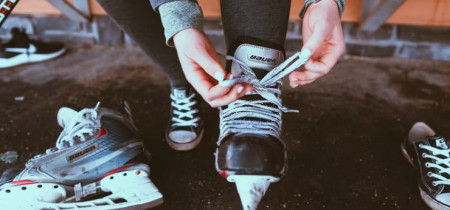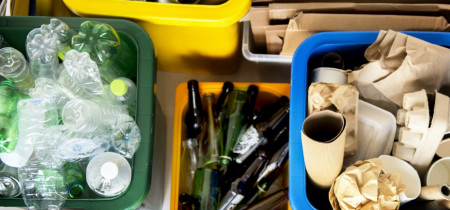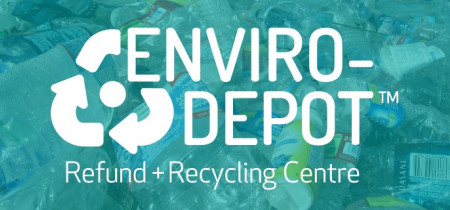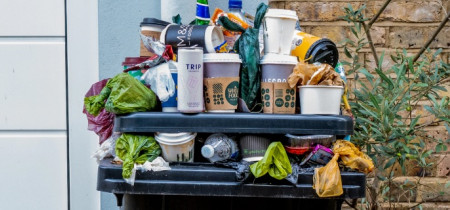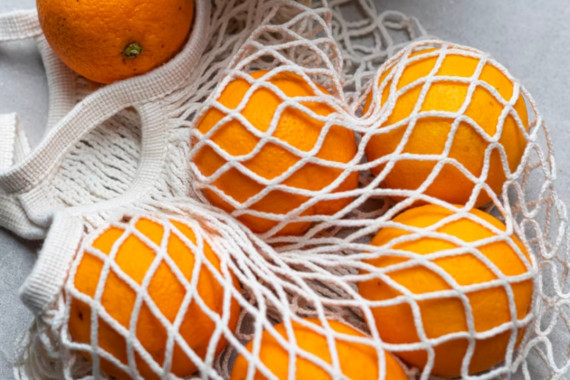
Cut Down on Waste
While recycling is a great way to recover resources, it’s better to cut down on creating waste in the first place. With the Refuse, Reduce, Reuse philosophy, you can minimize your environmental impact significantly. This much needed update to the traditional 3Rs (reduce, reuse, recycling) emphasizes the importance of cutting back on single-use items and considering the lifespan and reusability of items you purchase.
Swap, Thrift, Share, Repeat
Every object has an interesting story, let’s make sure it’s a long one.
Learn why it matters and what you can do to cut down on waste.
Why It Matters
Waste reduction helps to preserve valuable resources, like energy and time. This contributes to the circular economy — a positive system that phases out waste and pollution by using what we already have.
The Refuse, Reduce, Reuse approach can help guide us in lowering the amount of garbage we create, by keeping items in use for as long as possible. By reducing the waste you generate, you can play a part in combating climate change.
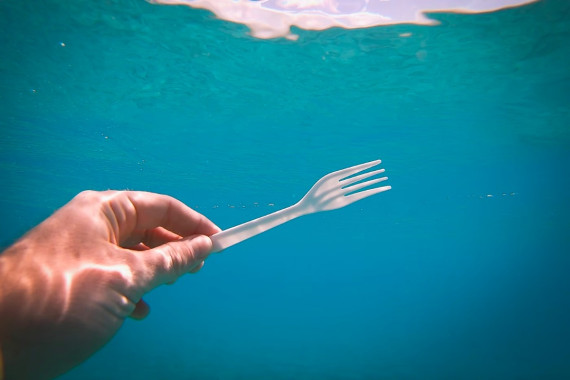
Here's What You Can Do
Refuse to Waste
Say no to today's culture of convenience-focused, over-packaged products and fast fashion:
- Refuse single-use plastics. Invest in a reusable mug/bottle, straws, and utensils, and feel good about using them.
- Refuse unnecessarily packaged food, like sliced apples or shelled hard-boiled eggs. Nature’s wrapping is good enough!
- Refuse junk mail by going paperless and posting a ‘No flyers’ sign on your mailbox.
Reduce Where Possible
Reduce waste by making thoughtful changes to daily habits:
- Reduce your food waste by meal planning, shopping with a list, using leftover food to make new dishes and composting food scraps.
- Reduce fast fashion’s negative impacts and buy second-hand, locally made or sustainably sourced clothing.
- Reduce trash by fixing items before replacing them. Head to a tailor, shoe repair shop, or mend items yourself if possible.
Reuse with Care
There are so many creative ways to reuse, reinvent and breathe new life into your belongings:
- Reuse take-out containers and jars instead of purchasing new containers.
- Rent or borrow items like tools, books, or vehicles from lending services like the Halifax Tool Library, your local library (many have more than books!), and Communauto.
- When you're finished with a useful item, swap, sell, or donate to a new owner.
- Use upcycled materials like bottles, jars, and jugs for fun kids art projects.

